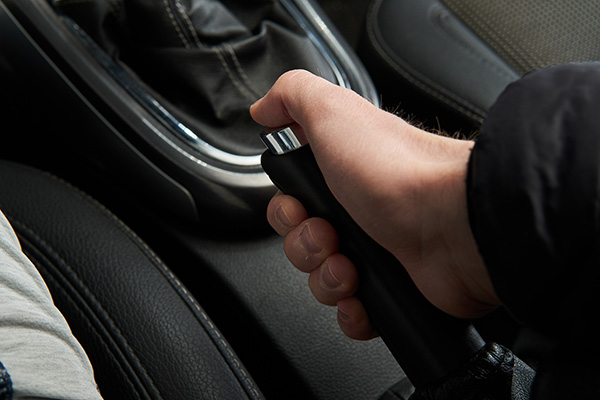
Your handbrake is a crucial safety feature, keeping your car securely in place when parked—especially on steep inclines. But if it’s not holding as firmly as it should, there’s likely an underlying issue that needs attention. A weak or failing handbrake isn’t just an inconvenience; it’s a potential safety hazard. Could worn brake components, a loose cable, or something else be causing the problem?
How the Handbrake Works
The handbrake operates separately from your car’s hydraulic braking system. It typically consists of a cable that connects to the rear brakes, applying pressure to hold the vehicle in place. In some modern vehicles, an electronic parking brake replaces the traditional cable system, using sensors and actuators to engage the brakes. Over time, components in both types of systems can wear out, leading to decreased effectiveness.
Common Reasons Your Handbrake Isn’t Working Properly
Loose or Stretched Handbrake Cable
One of the most common causes of a weak handbrake is a stretched or loose cable. Since the parking brake relies on a mechanical cable to engage the rear brakes, repeated use can cause the cable to stretch over time. When this happens, pulling the handbrake lever may not provide enough tension to hold the car in place.
Worn Brake Pads or Shoes
If your car has a drum brake system in the rear, worn brake shoes may not generate enough friction to keep the vehicle stationary. In disc brake systems, worn-out rear brake pads can have the same effect. If you notice reduced braking power while driving, it may be time to replace your brake pads or shoes.
Rust or Corrosion in the Brake Mechanism
Moisture, dirt, and road salt can lead to rust and corrosion in the parking brake components, causing them to seize or function improperly. If your handbrake feels stiff, doesn’t engage fully, or won’t release properly, rust buildup could be preventing smooth operation.
Broken or Disconnected Handbrake Cable
If the parking brake cable snaps or becomes disconnected, pulling the lever will have no effect. This issue is more common in older vehicles or those exposed to harsh weather conditions that accelerate cable wear.
Faulty Electronic Parking Brake System
For vehicles with electronic parking brakes, a malfunctioning actuator or faulty sensor can prevent the brake from engaging properly. Warning lights on the dashboard may indicate an issue, and a diagnostic scan can pinpoint the problem.
What to Do If Your Handbrake Isn’t Holding
If your handbrake is not securing the car in place, try the following:
- Engage the brake firmly and test if it holds better when pulling the lever higher. If so, the cable may need adjustment.
- Listen for unusual noises like grinding or clicking when engaging the handbrake, which could indicate worn brake components.
- Have a professional inspect the brake system to check for stretched cables, worn pads, or rusted components.
A faulty handbrake can compromise safety, especially when parking on hills or inclines. If your parking brake isn’t working as it should, the team at Circle M Tire & Automotive in Bakersfield, CA, can diagnose and repair the issue to restore your car’s safety. Call or visit us today to schedule an inspection!